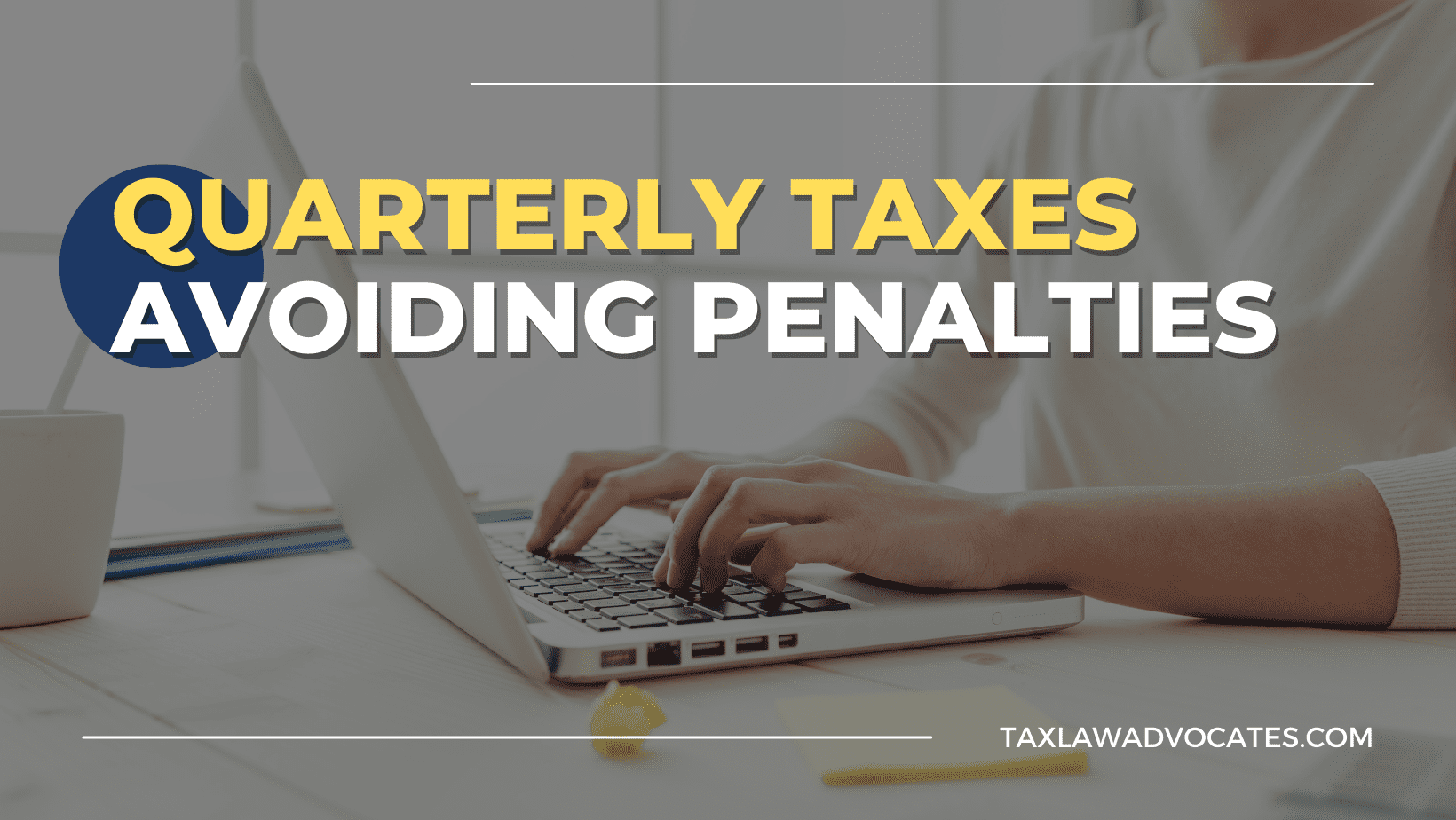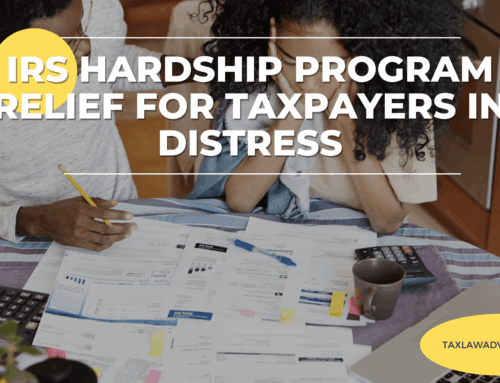Failure to pay taxes can result in severe consequences, including penalties and interest charges, wage garnishment, and even legal action. That’s why it’s essential to understand the penalty for not paying quarterly taxes and the options available to resolve any tax-related issues.
What is the Penalty for Not Paying Quarterly Taxes?
As a business owner, it’s important to stay on top of your tax obligations to avoid penalties from the Internal Revenue Service (IRS). One of the most common tax obligations that business owners face is paying quarterly taxes. If you’re required to pay quarterly taxes and fail to do so, you could face penalties from the IRS. In this article, we’ll discuss what the penalty for not paying quarterly taxes is and how you can avoid it.
Understanding Quarterly Taxes
First, it’s important to understand what quarterly taxes are and who is required to pay them. Quarterly taxes are estimated tax payments that self-employed individuals, business owners, and those with other types of income not subject to withholding are required to pay four times a year. These taxes are paid on income that is not subject to withholding, such as income from self-employment, interest, dividends, or rental income.
The IRS requires you to pay estimated taxes if you expect to owe $1,000 or more in taxes for the year. If you’re unsure whether you’re required to pay quarterly taxes, the IRS has a useful tool called the Estimated Tax Worksheet that can help you determine if you need to make estimated tax payments.
Penalties for Not Paying Quarterly Taxes
If you’re required to pay quarterly taxes and fail to do so, you may face penalties from the IRS. The penalty for not paying quarterly taxes is calculated based on the amount of taxes owed and the length of time the taxes have been unpaid. The penalty is based on an interest rate set by the IRS that is updated on a quarterly basis. As of the first quarter of 2023, the interest rate for unpaid taxes is 3%.
The penalty for not paying quarterly taxes is calculated based on the difference between the amount of tax owed and the amount of tax paid. If you fail to pay at least 90% of the tax owed for the current year or 100% of the tax owed in the previous year (whichever is less), you may be subject to a penalty.
The penalty is calculated from the due date of the missed payment until the date the payment is made. For each month or part of a month that the tax is unpaid, the penalty is 0.5% of the unpaid amount. The maximum penalty for failing to pay quarterly taxes is 25% of the unpaid amount.
How to Avoid Penalties
To avoid penalties for not paying quarterly taxes, it’s important to stay on top of your tax obligations. Here are some tips to help you avoid penalties:
- Estimate your tax liability accurately: Use the Estimated Tax Worksheet provided by the IRS to estimate your tax liability for the year.
- Make estimated payments on time: Make sure to make your estimated tax payments on time to avoid penalties. You can use the Electronic Federal Tax Payment System (EFTPS) to make your payments online.
- Adjust your estimated payments if necessary: If your income or deductions change during the year, make sure to adjust your estimated tax payments accordingly.
- Keep good records: Keep accurate records of your income and expenses to make it easier to calculate your estimated tax payments.
- Seek professional help: If you’re unsure about your tax obligations or how to make estimated tax payments, consider working with a tax professional who can guide you through the process.
Get Help From Tax Law Advocates
The penalty for not paying quarterly taxes can add up quickly, making it even more difficult to settle your tax debt. That’s why it’s crucial to pay your taxes on time or seek the help of tax relief services if you’re facing tax-related issues.
Tax Law Advocates offers a range of tax relief services designed to help you settle your tax-related issues with both the IRS and state tax authorities. If you find yourself in a situation where you have not paid your quarterly taxes, the best thing you can do is take action immediately. You should consult with a tax professional or contact the IRS directly to work out a plan to pay what you owe. In some cases, you may be able to avoid penalties by showing reasonable cause for your failure to pay on time, such as illness or natural disaster.
In conclusion, failing to pay your quarterly taxes can result in significant penalties and interest charges. The penalties can add up quickly, making it even more challenging to settle your tax debt. By taking the necessary steps to stay on top of your tax obligations and paying your quarterly taxes on time, you can avoid these penalties and maintain a positive relationship with the IRS.
If you’re experiencing any tax-related issues or have questions about paying your quarterly taxes, don’t hesitate to contact Tax Law Advocates. Our team of experts has the knowledge and experience necessary to help you navigate the complexities of the tax code and find a solution that works for your unique situation. Call us today at 855-612-7777 or visit our website to schedule a consultation. Let us help you achieve the peace of mind you deserve.






